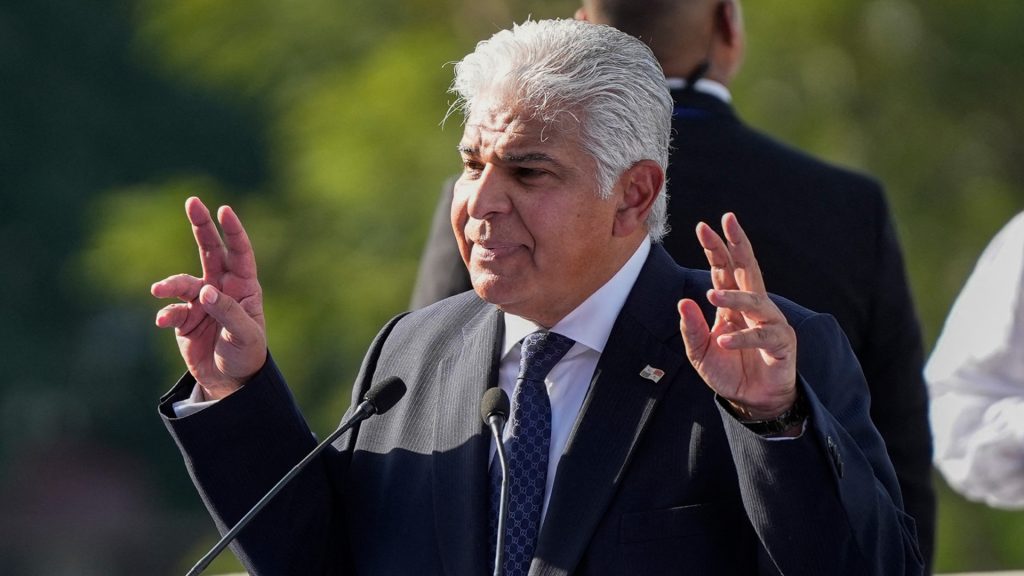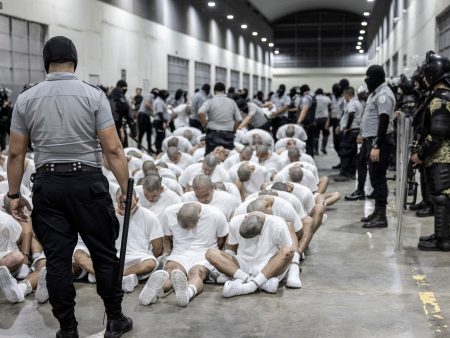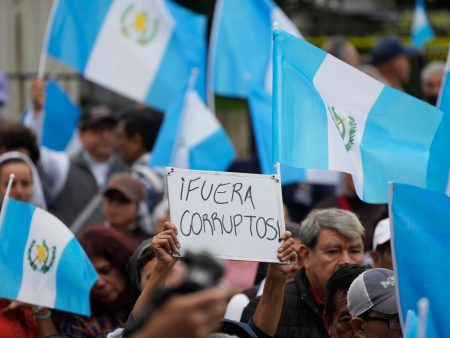On January 1, 2025, Panama celebrated the 25th anniversary of the handover of the Panama Canal from the United States, a momentous occasion marking full Panamanian sovereignty over this vital waterway. President Jose Raul Mulino delivered a resolute address, emphasizing Panama’s unwavering commitment to maintaining control of the canal and rejecting any external attempts to challenge its authority. This declaration came in the wake of repeated threats by former US President Donald Trump, who has accused Panama of imposing exorbitant fees for passage through the canal and hinted at the possibility of the US reclaiming jurisdiction. The anniversary celebration underscored the historical significance of the canal’s return to Panama and served as a platform for reaffirming the nation’s determination to safeguard its sovereign rights.
The Panama Canal, an engineering marvel connecting the Atlantic and Pacific Oceans, holds immense strategic and economic importance for global trade. Its construction and subsequent management were initially dominated by the United States, stemming from the Hay-Bunau-Varilla Treaty of 1903, a controversial agreement that granted the US control over the Canal Zone. This arrangement, perceived by many Panamanians as an infringement on their sovereignty, fueled decades of tension and nationalistic sentiment, culminating in widespread protests and negotiations that eventually led to the Torrijos-Carter Treaties of 1977. These treaties paved the way for the gradual transfer of control to Panama, culminating in the complete handover on December 31, 1999. The 25th anniversary, therefore, represents a significant milestone in Panama’s history, symbolizing the realization of long-fought-for autonomy and national pride.
President Mulino’s forceful assertion of Panama’s permanent control over the canal reflects the national consensus on this issue and serves as a direct rebuttal to Trump’s provocative remarks. Trump’s claims of excessive tolls and his veiled threats of US intervention have been widely condemned in Panama as disrespectful and reminiscent of a colonial past. The Panamanian government maintains that the canal tolls are fair and competitive, reflecting the cost of maintaining and operating this complex infrastructure. Furthermore, Panama emphasizes its adherence to international maritime law and its commitment to ensuring the safe and efficient passage of vessels from all nations through the canal. Mulino’s speech, delivered with unwavering conviction, aimed to send a clear message to the international community that Panama will not tolerate any attempts to undermine its sovereignty over the canal.
The dispute over the Panama Canal highlights the ongoing geopolitical tensions surrounding crucial waterways and resources. Control over such strategic assets can have significant implications for global trade, security, and political influence. The Panama Canal, in particular, facilitates the movement of a vast amount of international cargo, making its smooth operation essential for the global economy. Any disruption or change in control could have far-reaching consequences, impacting shipping routes, supply chains, and economic stability. Therefore, Panama’s determination to maintain its sovereignty over the canal is not merely a matter of national pride but also a matter of ensuring the continued stability and efficiency of global trade.
Trump’s rhetoric regarding the Panama Canal, while potentially appealing to a certain segment of the US population nostalgic for a more assertive American presence on the world stage, is largely viewed as outdated and counterproductive. The era of gunboat diplomacy and overt interventionism is waning, and international relations are increasingly governed by principles of cooperation, mutual respect, and adherence to international law. Attempts to unilaterally reassert control over the canal would likely be met with strong international condemnation and could damage the US’s standing in the region and beyond. Moreover, such actions would undermine the progress made in US-Panama relations over the past decades, jeopardizing crucial partnerships and potentially destabilizing the region.
The 25th anniversary of the Panama Canal handover serves as a reminder of the importance of respecting national sovereignty and upholding international agreements. The canal’s successful management by Panama over the past quarter-century demonstrates the country’s capability and commitment to ensuring its continued operation as a vital artery of global commerce. President Mulino’s unequivocal declaration of Panama’s permanent control, coupled with the broad national support for this stance, sends a powerful message that Panama will not yield to external pressures or threats. The future of the Panama Canal remains inextricably linked to Panama’s sovereignty, and the international community has a vested interest in respecting this principle and supporting Panama’s continued stewardship of this crucial waterway.










